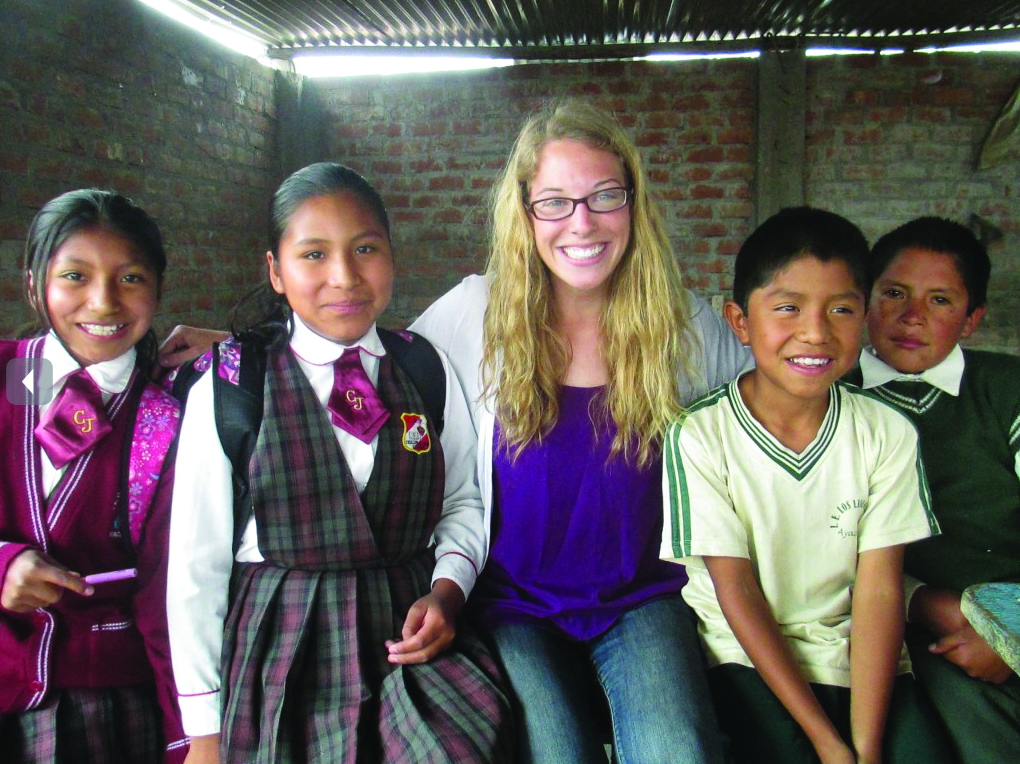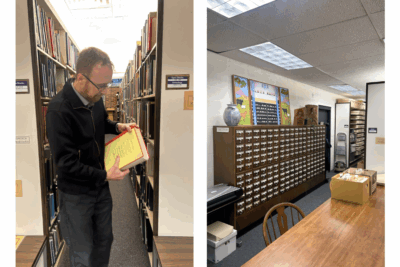There is currently a call out and about Goshen College for Study Service Term stories from Goshen students and alumni from all countries, ages, and walks of life. It’s called the SST Stories Project. Each submitting author must have been impacted by Goshen College’s SST program, which is nearing its fiftieth year. These stories can be short or long, funny or serious, complicated or simple, as long as they are submitted by the project’s deadline of March 1st.
Kate Stoltzfus, a 2014 GC graduate, created this stories project because of her impactful experiences regarding SST. Kate’s father, Dwayne Stoltzfus, is a professor at the college and seasoned SST leader. When Kate was in high school, both her parents led SST in Peru, where she was what she calls an “SST kid.” She returned to Peru as a GC junior in the spring of 2013 for her own Study-Service Term because she loved the country and wanted to go back and experience it as a student with host families, rather than just living with her biological family. As is the case for many Goshen students who take part in it, SST was a defining part of her college experience.
The idea for an SST Stories Project came about when Kate, in talking to friends and family when she got home, found that there was no real way for students to share their stories. Says Stoltzfus, “SST is such an incredible and crazy and different experience, and you come home you talk to your close friends and family about it, but there’s not ever been a very public way of sharing these stories, and everyone’s experiences are so different. I decided there should be a project to give people the opportunity to tell these stories, and share them with a wider audience.”
The description of the project is on the Goshen College website, under the SST Home page. The stories have no minimum word requirement, and anyone can contribute. Students are by no means the only ones affected by the SST experience. The realization of this is what has led Stoltzfus to make room for contributions not only from students but also from alumni, group leaders, and host families in other countries; everyone who has a story to tell is asked to tell it.
It is possible that the stories will be put on display at the college, but the ultimate goal of the project is the compilation of a final book. No matter what happens, the goal is to give those affected by SST a place where they can share their stories.
Stoltzfus goes on to add, “I’d been talking to a lot of people when I got home—people who had been on SST with me and people who had gone twenty or thirty years ago—thinking about how it’s such an incredible experience and yet when you come home it kind of all gets lost. We have a lot to learn from each other.” Stories can be submitted by sending them to sststories@gmail.com.



